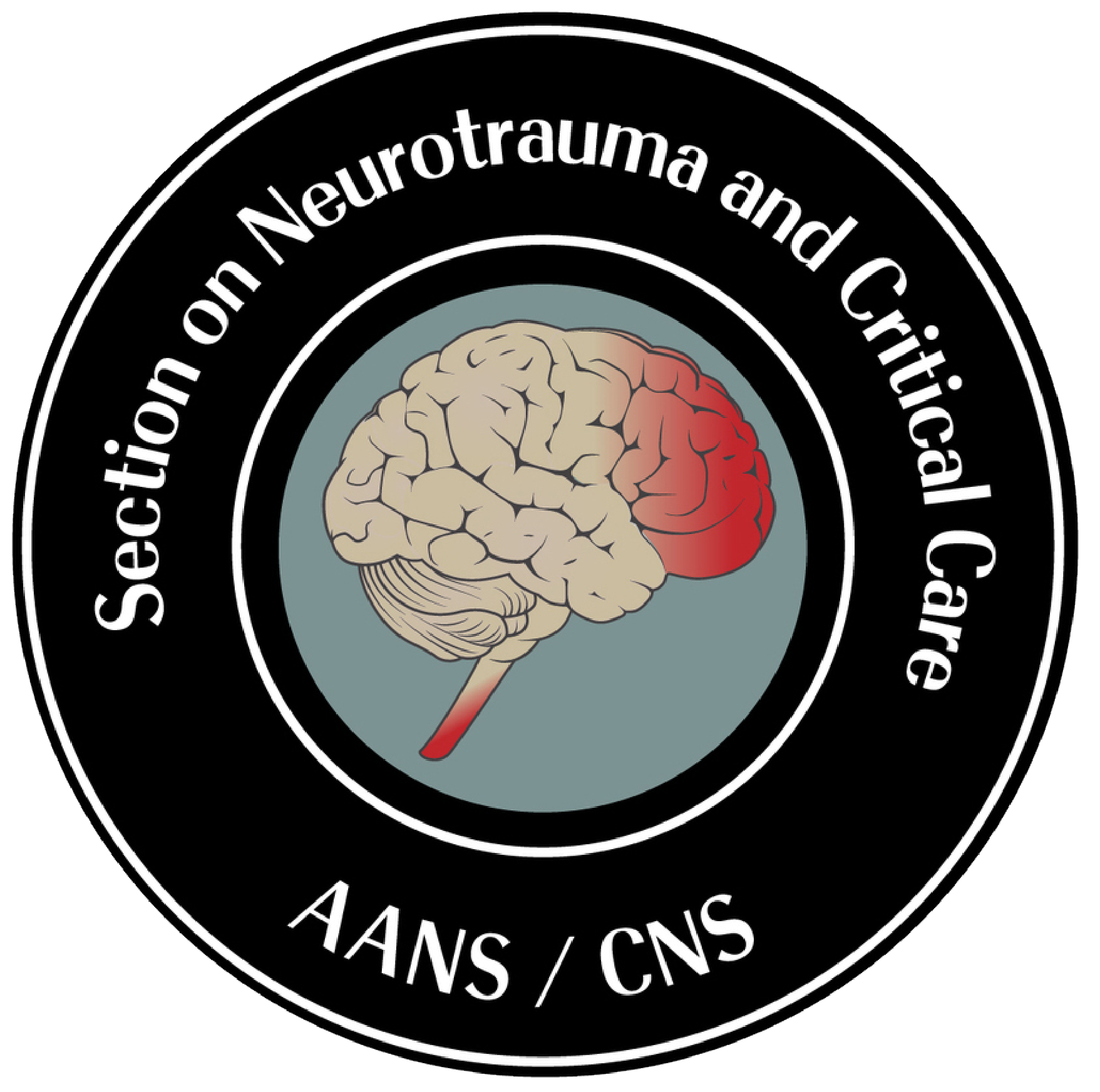In addition to the above activities, in order to increase recognition and service, the JSNTCC has established and maintained traditional workshops, weekend courses and symposia have been provided by the section at the AANS and CNS meetings in 2019 and 2020. The full spectrum of brain, spine, peripheral nerve and critical care didactic material has been provided as well as programs covering severe to mild TBI, diagnosis, treatment and controversies. The National Neurotrauma Society meeting, which is our JSNTCC summer meeting, was held in July 2019 in Pittsburgh, with a large number of attendees and outstanding educational content and interaction. Our Education Committee has worked to establish website content in the form of webinars, website, portals and SANS. The latest edition of the BTF guidelines for management of severe TBI is placed on the “Guidelines App” and finalized with BTF. The National Neurotrauma Society annual meeting was planned for Atlanta on June 27-July 1, 2020, with the theme Bidirectional Translation. However, due to world and national events related to the Covid-19 virus pandemic, the meeting was unfortunately cancelled. The next meeting will be in conjunction with the International Neurotrauma Society planned for February 2021 in Melbourne, with a return to Atlanta in 2022.
A comprehensive survey and review of emergency and trauma call coverage among American neurosurgeons has been completed with the data published in Neurosurgery. Maya Babu, MD, MBA, has led an important project to analyze billing and utilization practices among Neuro ICUs in the U.S., in an effort to identify common and best practices. Greg Hawryluk, MD, PhD, FAANS, and Randy Chestnut, MD, organized a consensus conference for an updated algorithm for severe TBI. The Seattle International Severe Traumatic Brain Injury Consensus Conference (SIBICC) published two manuscripts from their conference: “A management algorithm for patients with intracranial pressure monitoring” in Intensive Care Medicine with a follow-up manuscript concerning “Management of TBI patients using brain O2 and ICP monitoring.
There are many activities on the national trauma front, including The National Quality Forum, an interface between medicine and government, led by Avery Nathens, MD, MPH, PhD, of Sunnybrook, which is working on quality aspects of trauma. The American College of Surgeons Committee on Trauma has a consensus conference with experts to guide the development of measures to capture post-discharge outcomes in trauma patients. These metrics in the National Trauma Data Standard will allow them to be captured by all registries, with the section represented by David Okonkwo, MD, PhD, FAANS. Dr. Okonkwo will also represent the JSNTCC on the upcoming Washington Committee’s Firearm Task Force. The National Trauma Action Plan, with representation by several of our members, will survey capabilities and other aspects to assist and advise the NIH, DoD and other agencies. This group is led by Eileen Bulger, MD, chief of trauma at Harborview Medical Center. The National Athletic Trainers Association has organized a sports-related spinal trauma consensus group, the Spine Injury in Sports Group; and I represented the JSNTCC, with guidelines being published later this year in the Journal of Athletic Training, entitled “Best Practices and Current Care Concepts in Prehospital Care of the Spine Injured Athlete in American Tackle Football.” Thus, we are pleased with our involvement nationally and will continue to support both clinical research and countrywide involvement in trauma issues.
Knowing that we need to continually work to maximize our financial underpinning, now more important than ever funding has been secured for the “Chuck Noll Lecture” from the Chuck Noll Foundation. This annual lecture will focus upon sports-related brain and spine injuries, pathophysiology, prevention and other aspects. Financial support has been secured from the NICO Corporation to continue the J. Douglas Miller lectureship. Funding continues from Integra, the Think First Foundation and Natus, as our promotion of lectures, awards and grants depend upon outside support. We have been fortunate to have sufficient funds to complete the $50K requirement for two Honor Your Mentor lectures. To improve and maximize funding opportunities, the JSNTCC has established a new initiative in the form of a Fundraising Committee, headed by Paul Arnold, MD, FAANS.
Neurosurgeons have become more involved in community and national sports organizations as advisors and committee leaders. Allen Sills, MD, FAANS, is the chief medical officer of the National Football League. Nick Theodore, MD, FAANS, is the chair of the National Football League Head, Neck and Spine Committee, with several other members serving on the committee. I have served as an advisor to the NCAA, NFL, NFLPA and as chair of the Pop Warner Football Medical Advisory Committee. There are many neurosurgeons who serve as NFL neurological consultants involved with their local NFL teams. Concussion or mTBI remains an important clinical entity for neurosurgical consultation and care. Tanvir Choudhri, MD, FAANS, is chair of the Sports Medicine Committee and continues to work with his group to advance sports medicine topics and neurosurgical involvement.
As prevention of neurotrauma is recognized as a key responsibility of neurosurgeons, organized neurosurgery has supported ThinkFirst, the program aimed at preventing head and spine injury, for many years. Head and spine injury prevention programs across the age spectrum, from infants to seniors, are proven to impart knowledge. There are currently 154 U.S. chapters and 36 international chapters. Annual chapter surveys showed ThinkFirst chapters gave nearly 6,000 free presentations in the U.S. alone during FY14. The JSNTCC has supported ThinkFirst for over 30 years.
Current issues highlighting our involvement with patient care include working with the Neurocritical Care Society with greater cooperation and defining in-folded CAST fellowship requirements and goals. We have successfully participated in the “Determination of Brain Death by Neurological Criteria” by the World Federation of Neurology and the Cerebral Edema Guidelines by the Neurocritical Care Society. Alan Hoffer, MD, FAANS, has authored outstanding presentations concerning neurosurgeons’ involvement in the ICU care of Covid-19 patients, with modules on pulmonary, cardiovascular and renal disease management having been made public for educational benefit and support. There are numerous other important topics which include establishing and further developing trauma care networks, call coverage, involvement of trauma specialties, gun violence education and prevention, the role of telemedicine in care delivery, the proliferation of urgent care centers for trauma, stroke, traumatic intracerebral hemorrhage and opportunities to be involved with neurological sports medicine.
We will continue to strive to align the JSNTCC with the strategic goals of the AANS and CNS. As I conclude my two-year term as chair, it is noteworthy that we have outstanding leadership taking over, with Dr. David Oknokwo assuming the chair position; Patti Raksin, MD, FAANS, as chair-elect; Eve Tsai, MD, FAANS, as secretary-treasurer; and Dr. Paul Arnold and Uzma Samadani, MD, PhD, FAANS, as members-at-large. It has been an extreme personal and professional satisfaction and honor for me to have served. I would like to express my gratitude for those who have served in important roles in order for us to achieve many goals. There have been many active committee members, who in addition to the above, include especially Martina Stippler, MD, FAANS; Adair Prall, MD, FAANS; Domenic Esposito, MD, FAANS; Rocco Armonda, MD, FAANS; Craig Rabb, MD, FAANS; Greg Murad, MD, FAANS; Laura Ngwenya, MD, PhD, FAANS; and others who have contributed in large ways. I look forward to the section furthering its mission of education, exploration of important and emerging topics and representation in national neurotrauma organizations and committees.

